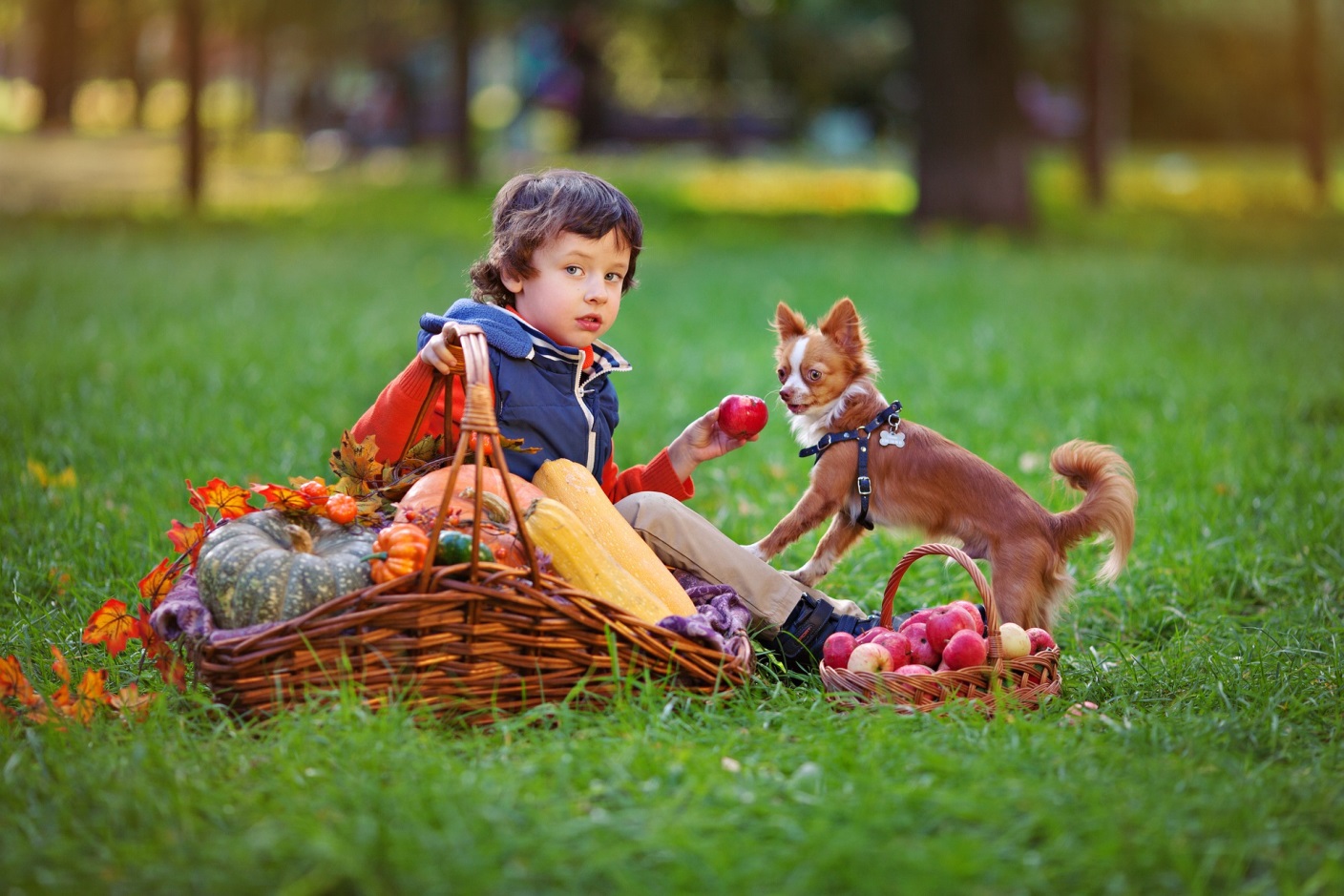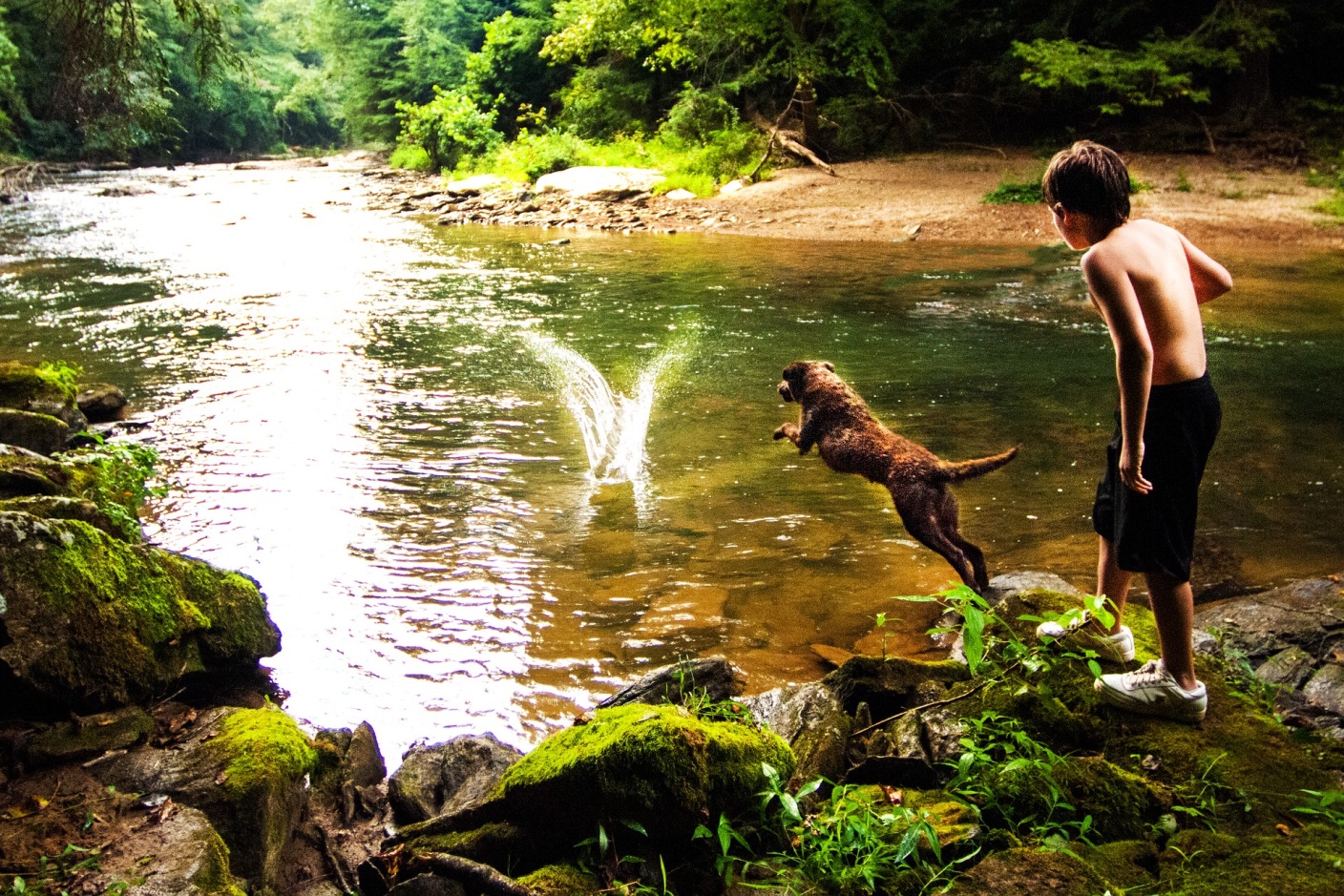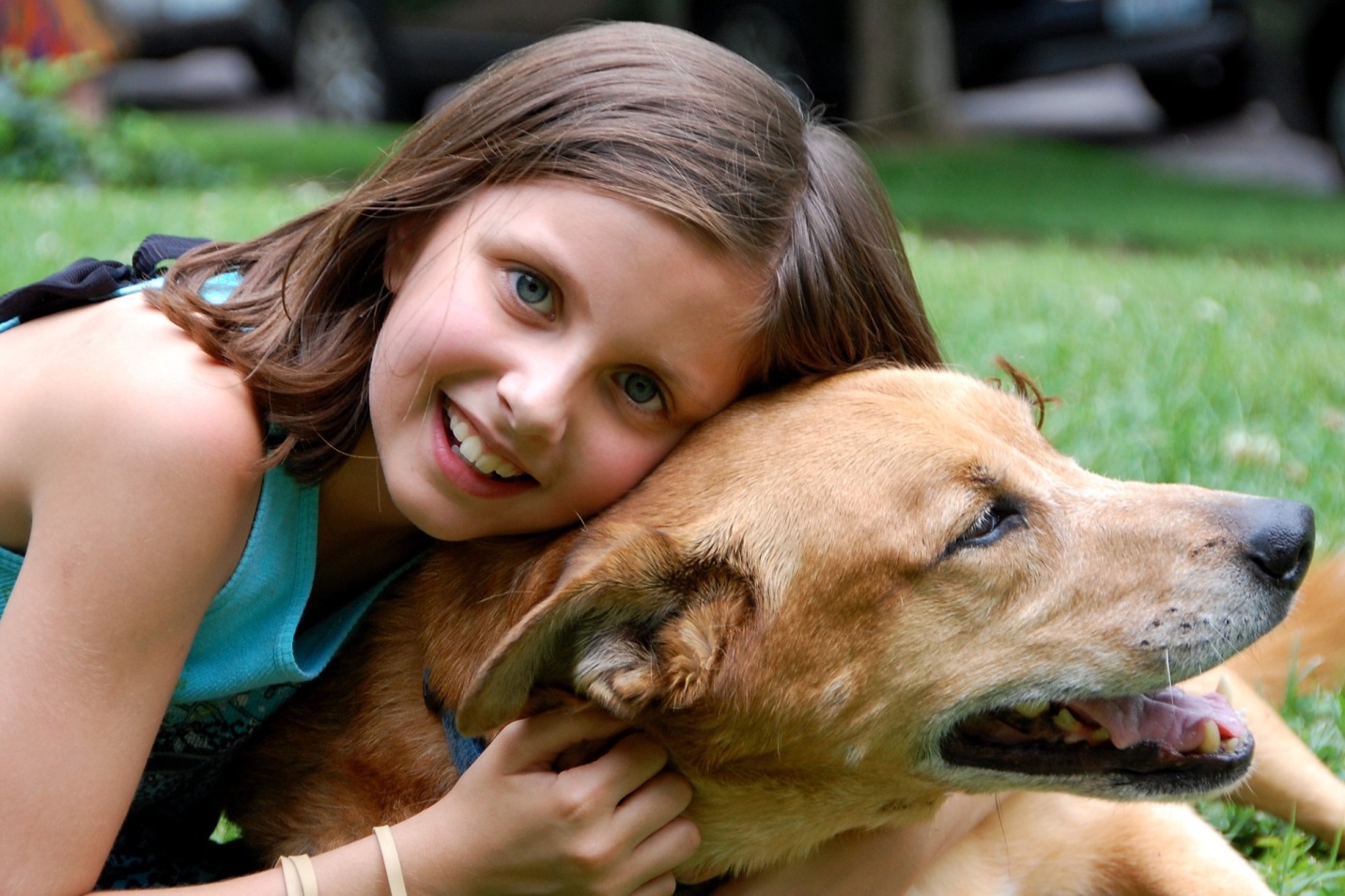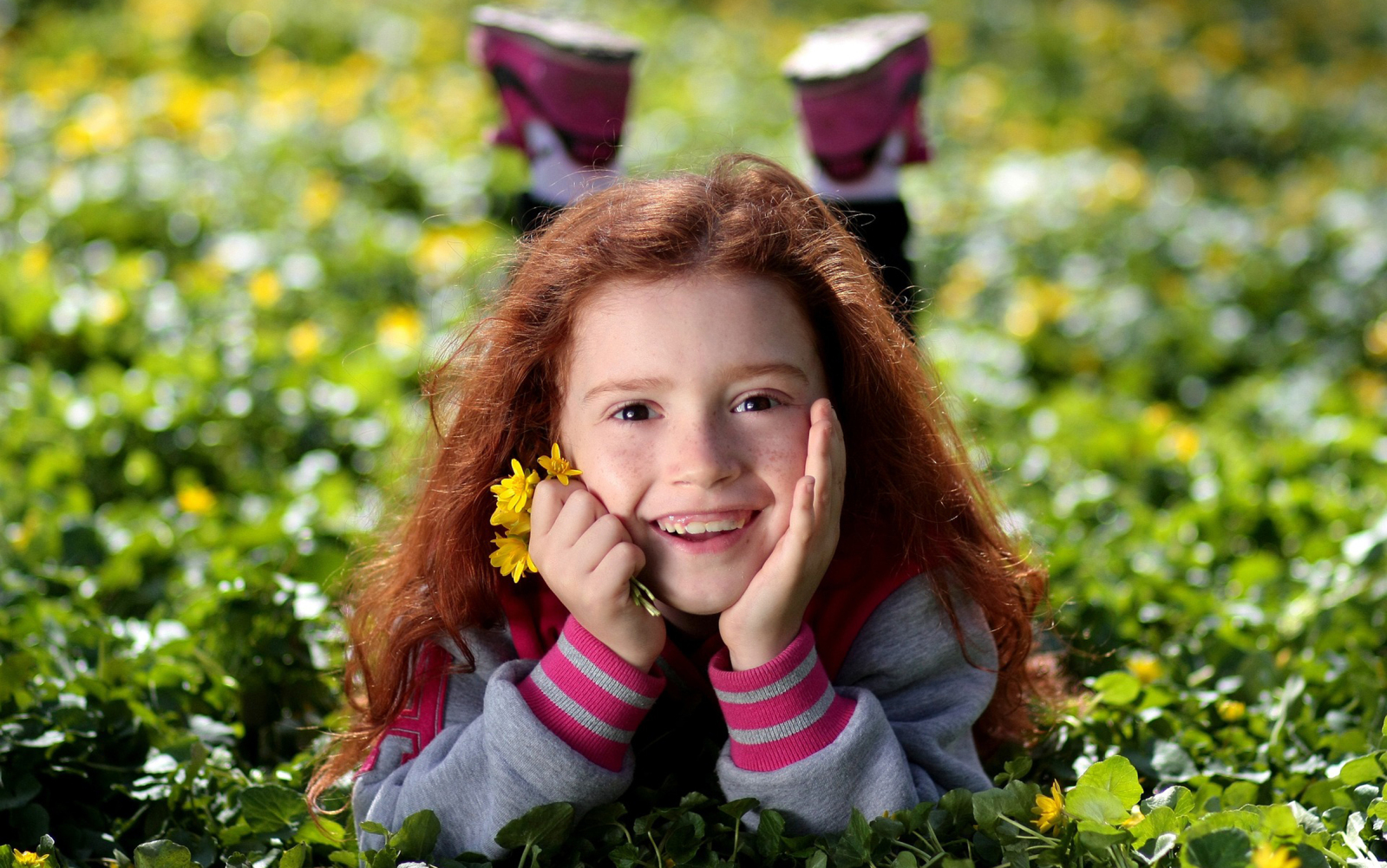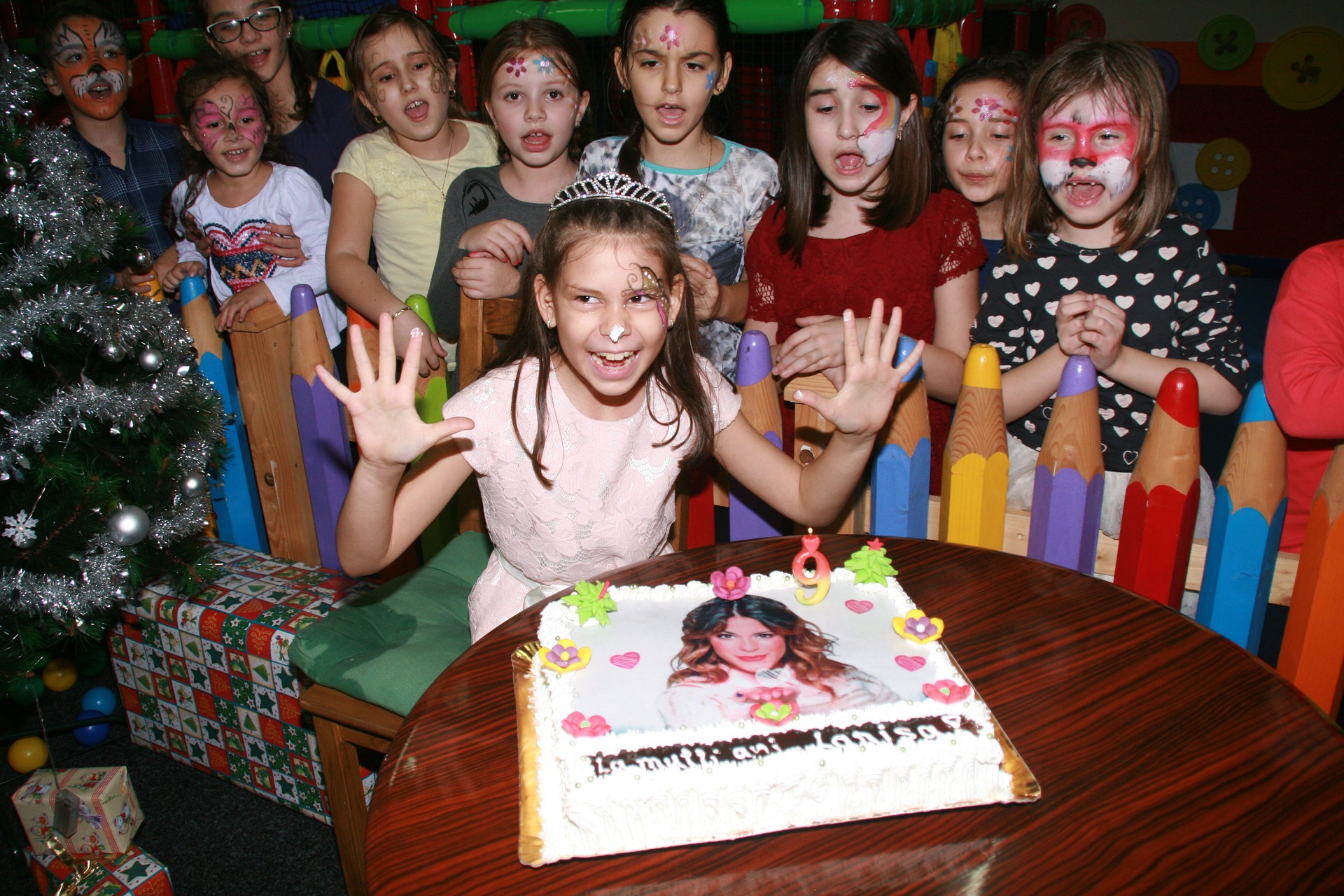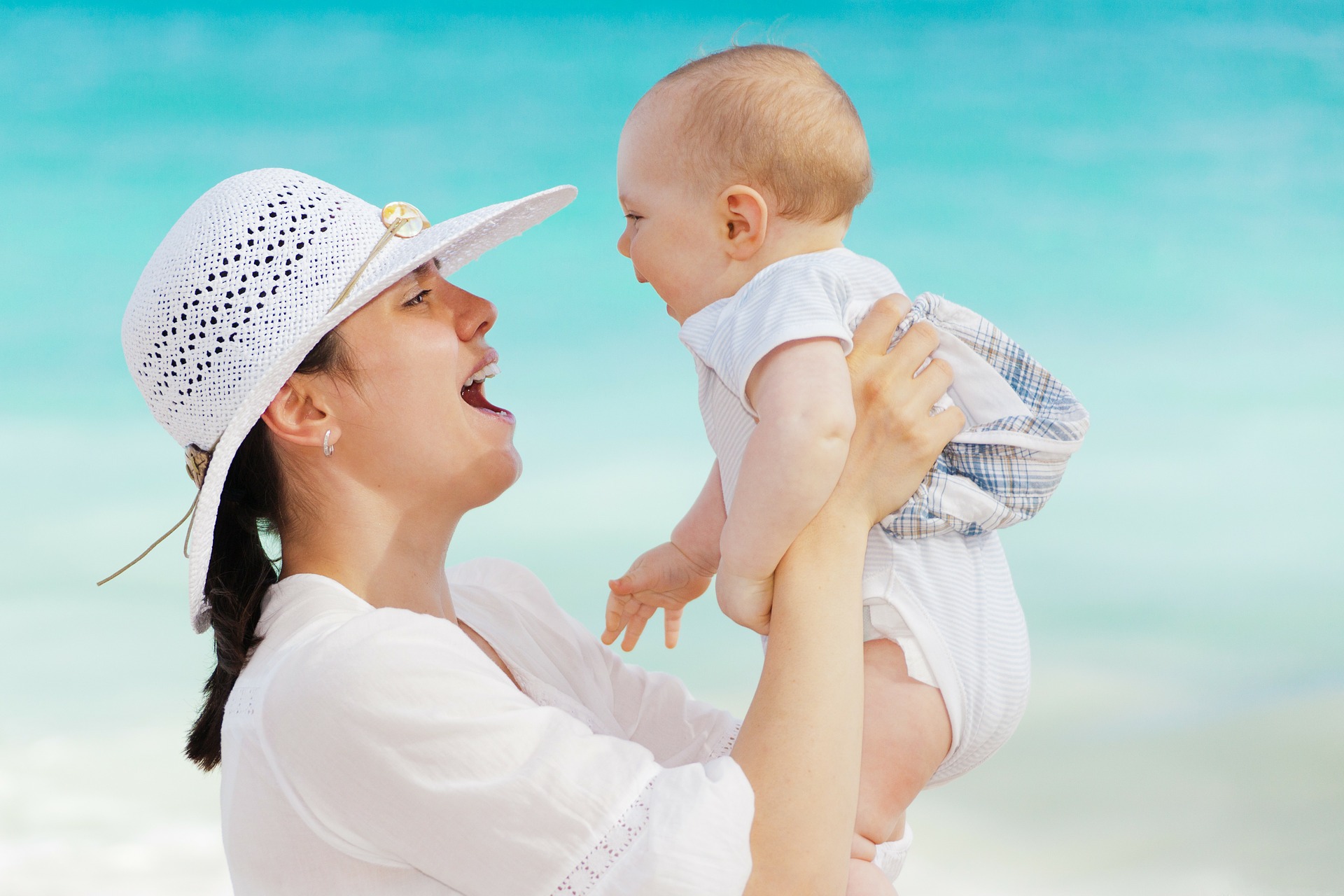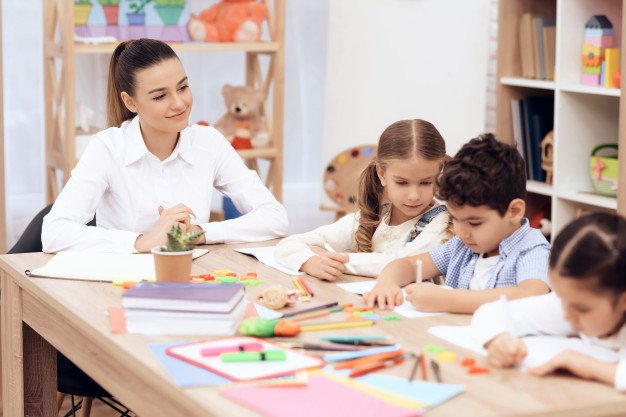Probably your child’s storybooks, movies, toys, clothes, and even the decoration of their room is usually populated with pictures of animals and that is the reason behind them falling in love with animals. Therefore, it is easy for kids to get wrapped in the idea of owning a pet. According to a rough estimation, 62 percent of households in the United States own a pet. If you are sitting on the edge and thinking about which animal must be added to the family. The answer to your question is a puppy. Dogs are active and compassionate animals and at this time of age, your child needs someone who does not only love him unconditionally but also helps him develop different personality traits. Let me tell you a few reasons why to get a dog for your child if you are still in dilemma.
Here are: 5 Reasons Why Your Child Needs a Dog:
1. Art of Taking Care of Others:
Growing up with a pet brings a lot of excitement and fun to your child’s life. So, the most important thing is to choose a dog breed that will be a protective and loyal little companion for your kiddo, and one good example is Shiba Inu dogs. They usually tend to spend more of their leisure time with them which ends up creating an unconditional bond of love and care between the two. In addition to this parents must make sure that the experience of owning a pet remains pleasant for both, the kid and the dog. Make a to-do list for your child to take care of his pet. Assign him duties like feeding the dog on time, giving him a bath twice a week, or keeping his furry friend’s toys at place daily. This will help you to bow the seeds of taking responsibility for your kid at the very age of childhood.
Having a dog in the family is a great responsibility. Parents seek to make their kids independent by doing certain things. Having a dog in the house ensures that the child knows about the requirements and needs of another living being. Experts and veterinarians point out that it is important to learn deeply about the relationship of a child and a dog. This helps understand whether the child will grow up to be a responsible human being and allow other needs to get prioritized over their own. Having a dog also helps a child develop psychologically. Studies have shown that kids who have dogs grow up with stronger mental health.
2. Your Child Will Stay Healthy:
Where there are many benefits of modern lifestyle it also has negative impacts on our lives. These days’ children tend to sit back at home in front of the TV or gadgets like a cell phone or iPad. Usually, they are not willing to go out and play. However physical activities are very important for your child’s physical development at this age. If you will own a dog there will be more chances that your child will get engaged in physical activities as dogs like to run, chase, walk and play. Staying active decrease chances of getting obsessed, boost up your child’s metabolism which decreases the chance of getting him sick every now and then. One more health benefit of owning a dog is children who grow up with dogs are less prone to allergies.
Read Also: Food Allergies In Dog And How You Can Prevent It?
3. Relax and Calm:
Owning a pet as a dog helps in managing behavioral issues in kids. When parents tend to be strict your child needs someone to accompany them. They usually share their sadness, discomfort, and even secrets with their pets. Hyperactive kids learn discipline as they look after dogs. The playful nature of dogs helps to uplift the mood of a child and can calm a hyperactive kid.
4. Dogs Help Them In Learning:
Owning a pet helps your child to learn different skills. From the very beginning, they create a bond of love, and looking after their pet helps them develop emotions and parental skills. Taking them out does not only keep them fit but also makes them interact with different people outside which helps in reducing hesitation towards socializing and brings confidence.
5. Strong family Bond:
Do you know a pet like a dog can help you to strengthen your family’s bond? Dogs become part of many activities that family do together like going for walks, watching TV, feeding them, and even going for vocations. With no time they become part of our family and we always have stories of them to share with other family members.
Read More:













